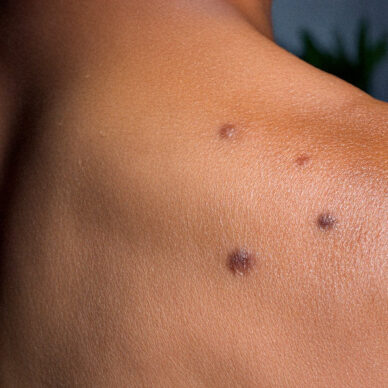Common Symptoms
You may need assessment if you notice:
- A new mole or skin lesion
- Changes to an existing mole (size, colour, shape)
- A sore that doesn’t heal
- Itching, bleeding, or crusting patches of skin
Diagnostic Services
We provide:
- Clinical Examination by a consultant dermatologist
- Dermatoscopy for high-resolution skin imaging
- Biopsy for accurate diagnosis if needed
- Mole Mapping & Monitoring for at-risk patients
Treatment Options
Treatment depends on the type, size, and stage of skin cancer. Our options include:
- Surgical Excision – Removal of cancerous tissue under local anaesthetic
- Cryosurgery – Freezing precancerous or superficial lesions
- Topical Therapies – Creams or gels for early-stage skin cancer
- Photodynamic Therapy (PDT) – Light-activated treatment for specific cases
- Mohs Surgery (available via referral) – Precise removal of complex or recurring cancers
All treatments are tailored to your skin type, cancer type, and cosmetic concerns.
How to pay
You can self fund treatment, or pay through your medical insurance:
For those with an insurance policy which covers gastroscopy (many do).
For people choosing to fund their own diagnosis and treatment.
Why Choose Royal Buckinghamshire Hospital?
- Consultant-Led Dermatology Team
- Fast, Private Access with No Waiting Lists
- On-Site Diagnostics and Surgical Facilities
- Personalised Aftercare and Follow-Up

